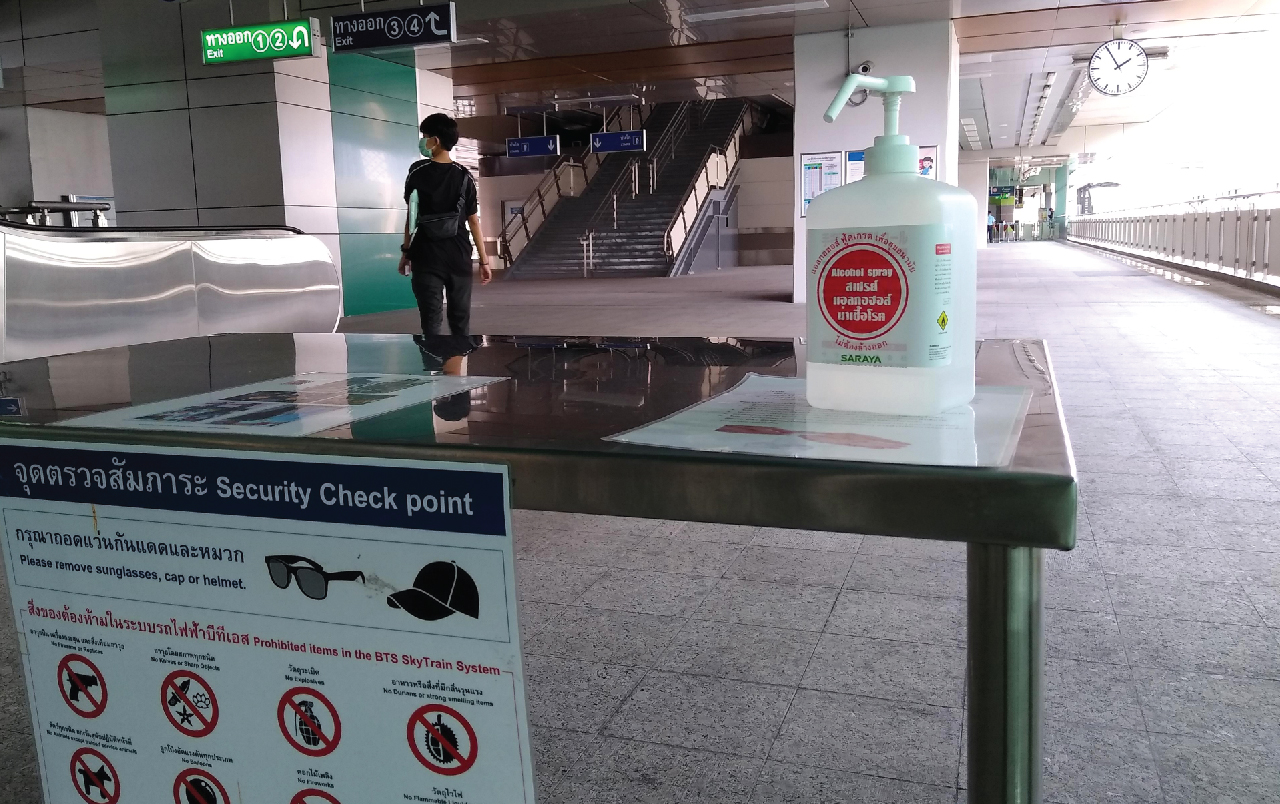Southern Voice will host its first General Assembly on 14 November 2018 in Bangkok, Thailand. Venue: Sigma (6th Floor), Pullman Bangkok…
At Southern Voice, we have been discussing internally ways in which we can engage our network to get a broad range of insights on the crisis from across the Global South. As a first step, we have been tracking how our members are managing a transition to lock-down and remote working. For many, this has not been easy.
In addition, we have invited our members to write to us sharing their experiences. Our Head of Communications is also working with some individual health experts within the network on drafting new evidence-based articles, e.g. on what the Ebola experience can teach us. We will be sharing those articles soon.
From my initial conversation with researchers in different regions, I can tell that there are challenges that many of our countries have in common. For example, they are worried about the inability of a large proportion of the population to self-quarantine effectively. Some of the main concerns include:
- A large number of people with informal jobs who earn their living on a day to day basis. For them, self-quarantine is not sustainable without additional state policies in place.
- Overcrowding in housing and precarious living conditions in urban slums will make self-isolation harder at the individual level, but also less effective as a public health policy. For example, if a person falls sick, many households will not be able to isolate this person in a separate room. For those already suffering from domestic violence, the quarantine will most likely increase the danger.
- Across the Global South, there are still weak and unorganized agricultural and food chains. That makes it difficult for the producers to reach their clients without going through overcrowded markets. Such places are necessary to provide food to citizens but may become areas where the virus can quickly spread.
- A lack of infrastructure and capacities for teleworking could further accentuate inequalities among workers.
- The double or triple burden of the pandemic on women becomes more evident now. Women will not only be responsible for more home activities during lock-down, but they also represent a large proportion of those in critical areas of the care economy.
While these are pressing issues, there are also a few other longer-term concerns emerging:
- The expanding control by governments on its citizens has become a norm during this crisis. But could this extend beyond it and have a detrimental long-term effect on civil rights?
- The challenges of debt management. Many of our members were already concerned with the fast debt growth in their countries. It may become a new debt crisis. Many won’t be able to pay their current commitment while also responding to national emergencies.
- And of course, the impacts this will have on achieving the 2030 Agenda, whether it will enhance international cooperation or hamper it.
These are a few of the issues emerging due to this health crisis in countries our think tanks work in.
Think tanks play an essential role in generating evidence and innovative ways to respond to the middle and long term impact of crises like these. They have the knowledge and the capacity to convene others in search of answers to challenges never before seen. To support the work of our members on COVID-19 research, we are considering several ideas. They range from monitoring policy responses together to increase crisis response speed, to possible calls for research with small grants to analyse the emerging challenges that COVID-19 poses in each country and its impact on the 2030 Agenda progress.
We welcome members, partners and supporters to reach out to us on further ideas and brainstorm with us on possible solutions.
In the meantime, we have created a COVID-19 page. On it, you will find articles that our members have already published, and that we recommend reading (we will be updating the page on an ongoing basis).


